Wedding Ring Metals and Materials

Wedding ring metals available today include
classics like gold and silver to contemporary new-age materials like
tungsten, cobalt and titanium.
Couples looking for durable and quality
engagement rings and wedding bands to fit their budget, should take the
time to look at the qualities of each band - and fortunately, our handy
guide and comparison chart can help!
Take a glance at our metal comparison tables below, and click on the specific metal or material for additional detailed information such as pros and cons, best grades of metals for every day wear, additional characteristics, and most common types and styles used for wedding bands.
Fast Fun Facts About
Wedding Ring Metals!
Tungsten weighs much more than titanium.
Palladium rings are more affordable than gold rings because palladium is so light in weight.
Platinum jewelry was once reserved for royalty only.
Most popular wedding ring metal of all times? Gold
And if you have any questions about the materials and metals used to create wedding rings and engagement rings, send in your questions at the end of the page.
Wedding Ring Metals and Materials Comparison Chart
The values presented are based on the alloys of the metals (or materials) most commonly used to make wedding rings.
All values are rated on a 1-10 scale, one is the lowest value and ten is the highest.
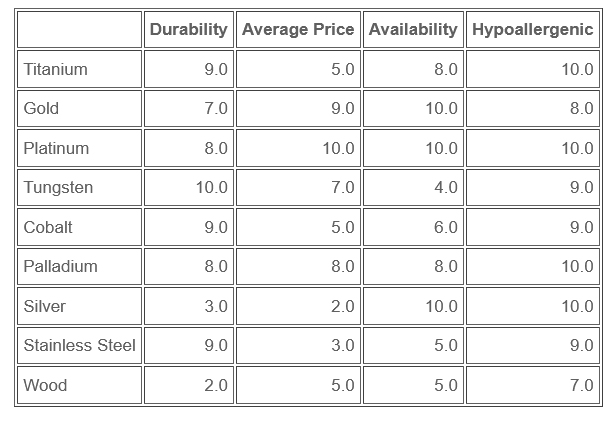
*The numbers provided above are based on averaged values. Many of the
metals listed are also alloyed with other metals which can affect their
characteristics. Click on the specific links to learn more.
Titanium, Gold, Platinum, Tungsten, Cobalt, Palladium, Silver, Stainless Steel, Wood
Rings made of white gold - and sometimes silver and even platinum - are treated with Rhodium Plating. Click on the link to find out more about this treatment and what you can expect from a rhodium plate.
Comparing Specific Wedding Ring Metals
The tables here, compare specific types of metals used to create wedding rings - like palladium compared to platinum and how the different types of gold karats compare to one another. The HV values listed are a measurement of resistance to scratching. Metals with a higher HV value have a higher resistance to scratching. To see a summary of metals that can help you to choose the right metal for your rings, take a look at our Wedding Ring Materials in a Nutshell below!
Comparing Platinum to Palladium
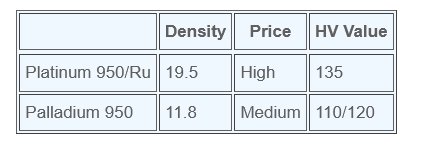
Comparing HV Values of Yellow, White and Rose Gold
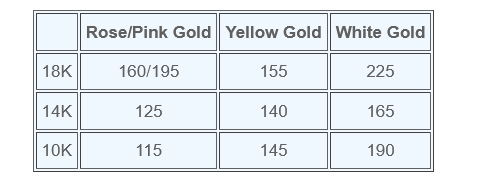
Comparing 18k Gold to Platinum and Palladium
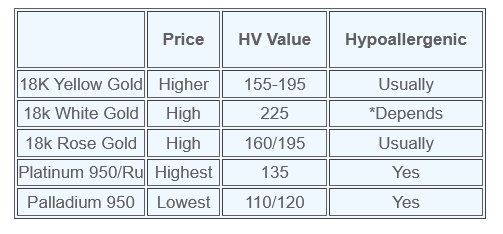
Wedding Ring Materials in a Nutshell
So what is the bottom line here?
If you are looking for wedding or engagement rings that have beautiful filigree work,
and amazing styling, you'll need to stick with malleable metals like
silver, gold, platinum and to some extent palladium. Unfortunately, the
newer and extremely durable ring metals like tungsten, titanium, iridium
and cobalt are too hard to take on details - that is why rings made
with these materials are usually bands with very simple designs, and they are
typically sold as men's rings although companies are starting to create more women's rings in these types of metals. .
For couples with sensitive skin, hypoallergenic wedding rings include: titanium, platinum, palladium and silver. If you have sensitive skin, it is best to avoid rings that are plated because if the rings are made with a nickel alloy an allergic reaction could develop when the plate inevitably wears off.
What about affordable but durable wedding ring materials? The most affordable and durable wedding ring materials are tungsten, titanium, cobalt, stainless steel and 14k gold. Palladium too is exceptionally affordable, and is a terrific alternative to the more highly priced platinum, because it is a very, very light metal - this means less of the metal is used to make a ring.
The best metals for luxury wedding rings and engagement rings? Definitely platinum, palladium and 18k gold. Keep in mind that a higher karat of gold above 18k will result in a ring that is too soft to hold up to daily wear wedding and engagement rings.
For exceptionally durable wedding rings that can hold up to extremely heavy wear and tear, it is best to stick with the newer wedding ring metals including titanium, tungsten, cobalt and stainless steel. All of these metals offer a high degree of scratch resistance, and can hold up pretty well to heavy knocks and blows without denting. But, some rings made with extra heavy duty metals cannot be resized - instead, retailers often offer a lifetime exchange warranty just in case at some point finger size changes.
Questions or Comments?
Do you have comments or questions about wedding ring metals?
Send in your comments and questions about wedding ring metals here!
I will post answers to your questions as soon as possible!
Comments and questions from EWR visitors
Click on the links to see comments and answered questions...
Iridium Wedding Bands and Rings 




Hi,
As I understand, close to 100% iridium rings are only produced by American Elements since 2009. Are they still the only company producing close …
Rings for Really weird skin Not rated yet
Hi, I have really weird skin, it's eaten away at the sterling silver playing within a week. My grandmother has had similar problems so I assume I got her …
Weight of Wedding Ring Metals Not rated yet
Could you list the wedding ring metals from the lightest to the heaviest?
Of course!
Wedding ring metal weights will depend on the alloy or …
Return from Wedding Ring Metals to Everything Wedding Rings Home
Recommended & Trusted Jewelers
Our Advertisement Policy
Adin Fine Antique Jewelry
Use Code=Everything-Wedding-Rings
For a 5% Discount
Top Wedding Ring Picks!
'Versailles' Delicate 14K Rose Gold Diamond Wedding Set by Brilliant Earth
Classic Comfort Fit Men's Platinum Wedding Band 5mm by Blue Nile
'Quiet Beauty' Simplicity Defined Style Platinum and Lab Created Wedding Ring Set by Clean Origin
8mm Men's Satin Finish Tungsten Wedding Band
by Blue Nile
'Cadenza Halo' Antique Style 18k Yellow Gold Diamond Wedding Ring Set by Brilliant Earth
Vintage Style Hexagonal Halo Diamond 18K White Gold Engagement Ring by Ritani
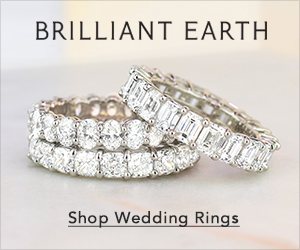

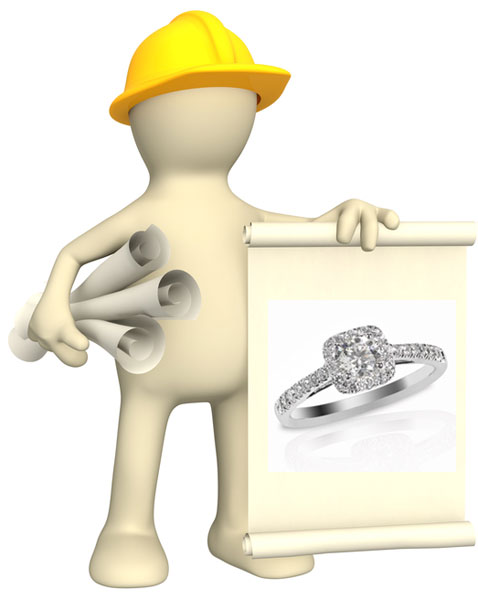
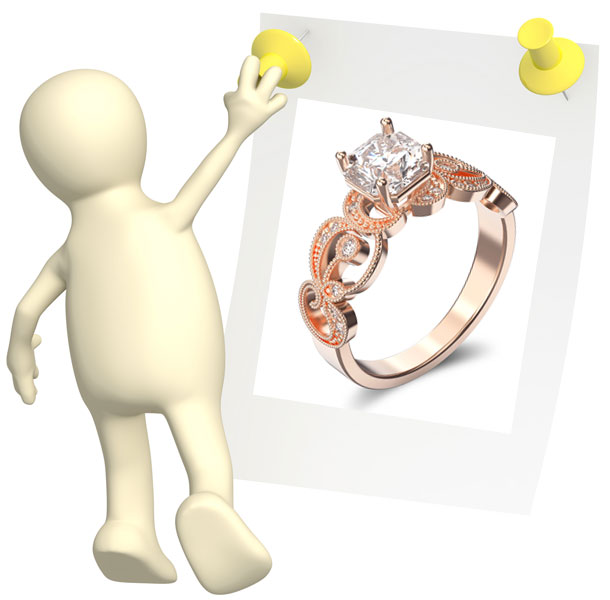

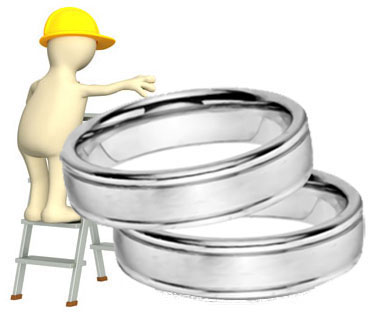


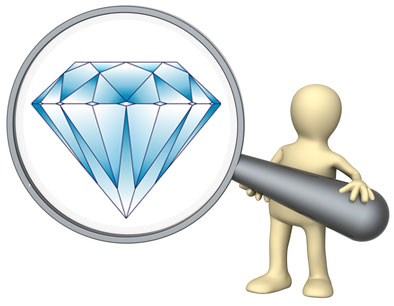
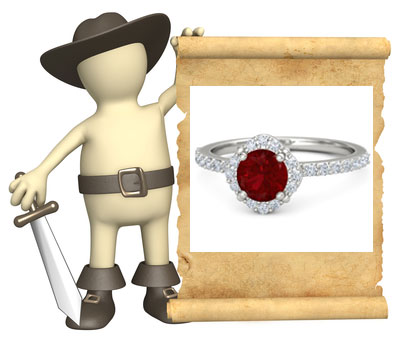



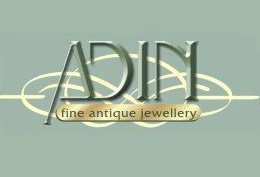
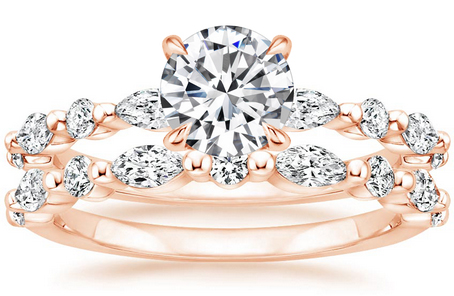
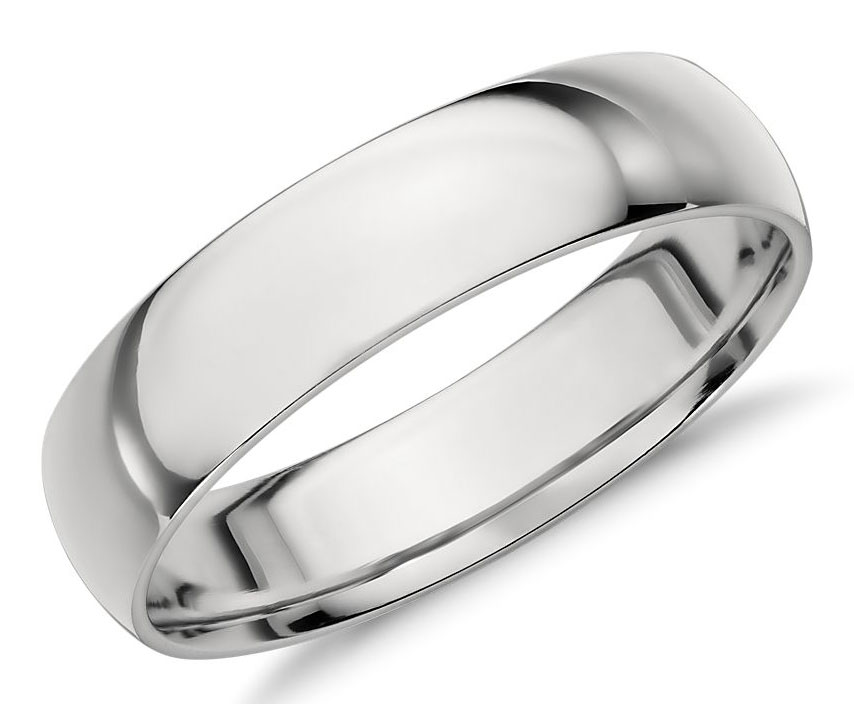
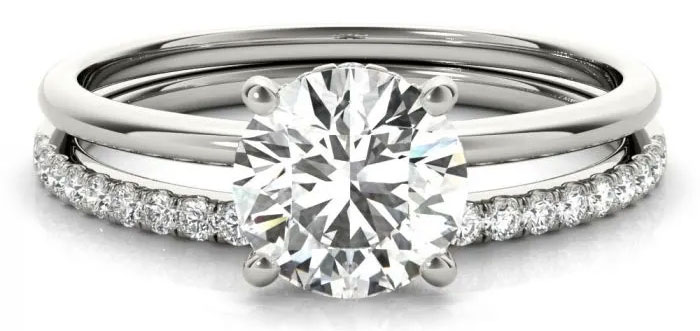
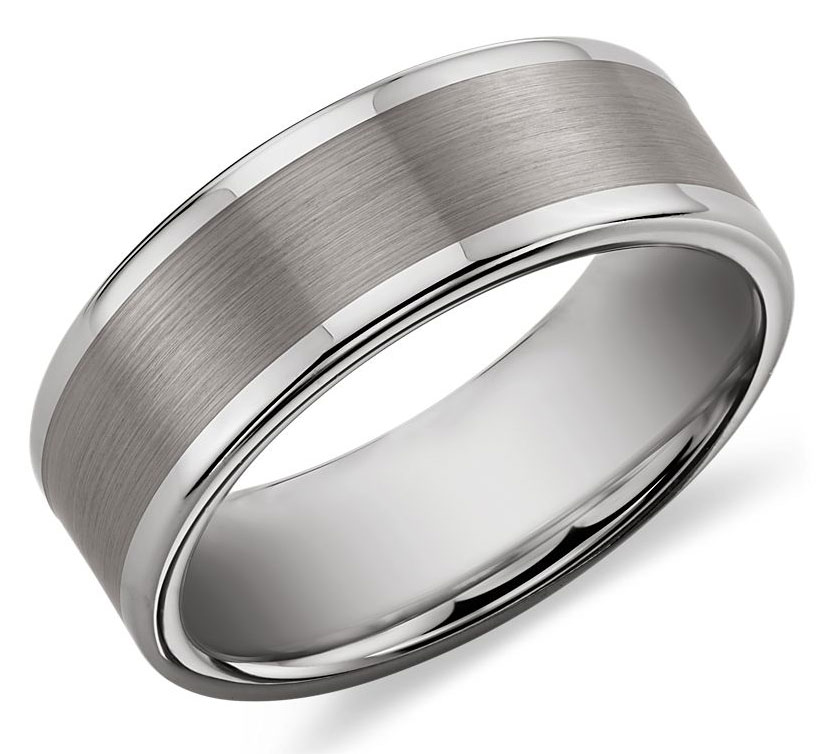
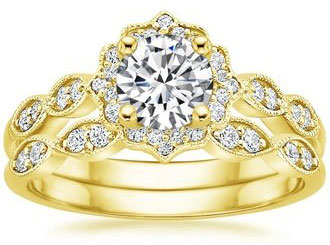
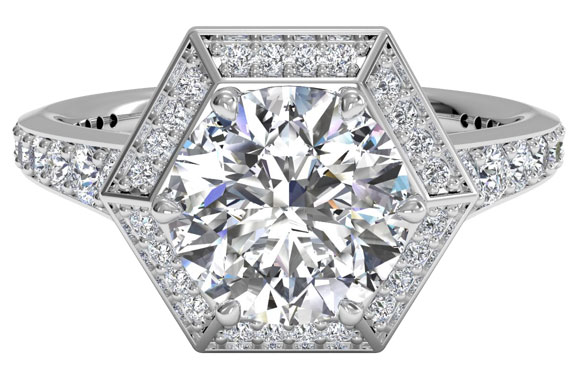




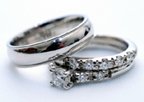

New! Comments
Share your comments below!